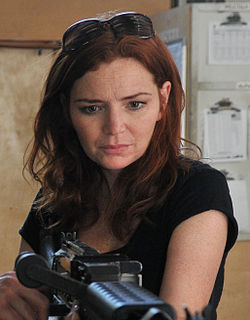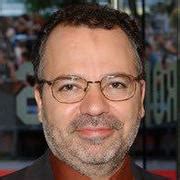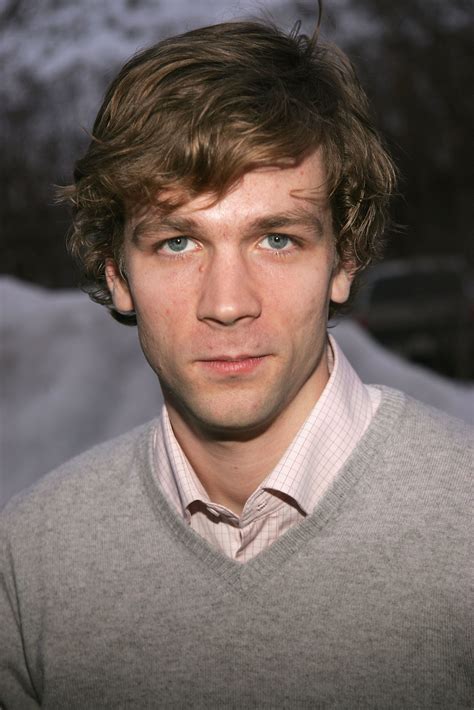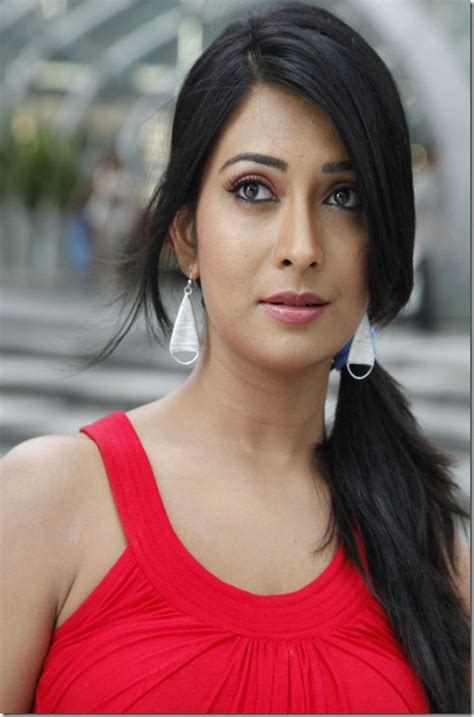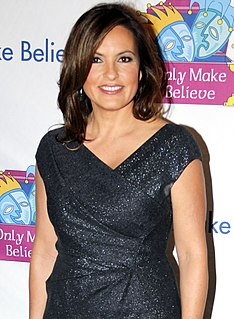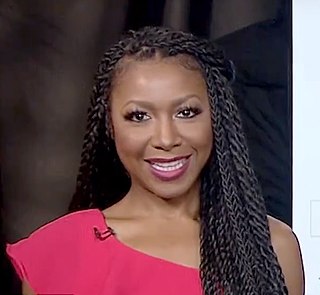A Quote by Joe Anderson
When you read something in script form, there are some subtleties that stand out with far greater gravitas than sometimes what you see on screen.
Related Quotes
When you start out as an actor, you read a script thinking of it at its best. But that's not usually the case in general, and usually what you have to do is you have to read a script and think of it at its worst. You read it going, "OK, how bad could this be?" first and foremost. You cannot make a good film out of a bad script. You can make a bad film out of a good script, but you can't make a good film out of a bad script.
For me, I wish I loved every script that I read. Sometimes I'm more picky and choosy than I really should be because you would get more jobs as an actor! But you don't know what it is. Sometimes you read something and it could be a big part or a small part. It could be one scene and I'll read it and say: "Wow, I really like that and I really want to do that.".
I do not think that there need be the conflict between books and videos, that one would drive out the other. It certainly is possible to watch the screen for some things and for others to sit down and read, because the screen is easier to do, to watch is easier than to read because you don't have to contemplate anything. Someone else has done the work of putting it on the video.
If you're gonna tell a story from beginning to end, I always think you have to have a great structure in a script. If it gets you excited and it's something you've never read before that's another plus. I think also with improv and that whole world of stand-up, that's a whole other organism of comedy that still needs a story, but it's more free-form. On the set, it is the combination of both those worlds coming together: a great script and an allowance to play with it.
You do a film and you have hopes for it, and you read it, and you see it one way in your head, and you shoot it, and it'll always change from what you started out. Sometimes it turns out better, sometimes it turns out; I don't know, but as movies go I've never experienced seeing and likening what I've read, and I liked what I read.
The mistake that people made around 2000 with the emergence of the web was that they thought that people would not read long-form on a screen. Following from that idea, they quit doing long-form on screens. It got shorter and shorter, and then came cats toying with flowers and all of those clichés, but it was wrong. People will read long-form on a device if they want to read long-form.

